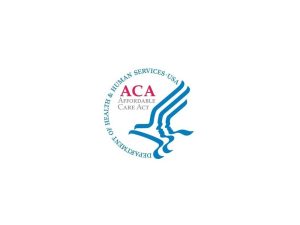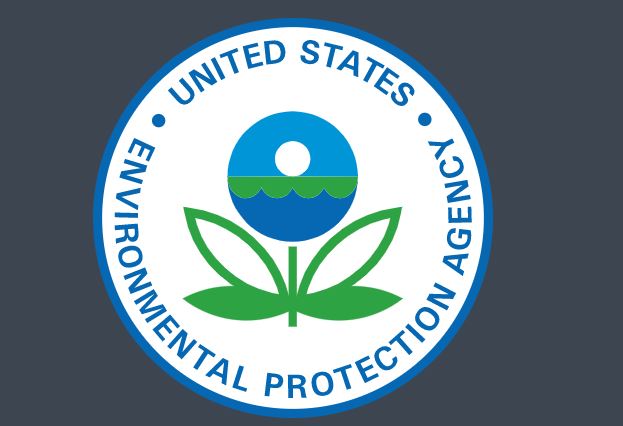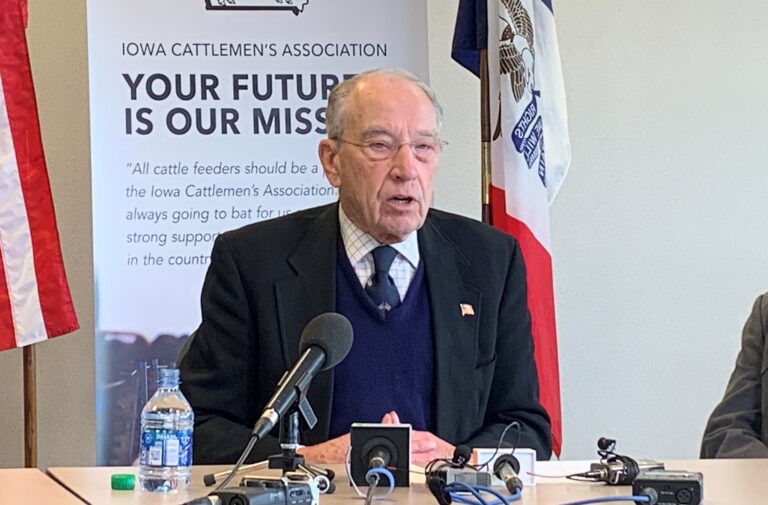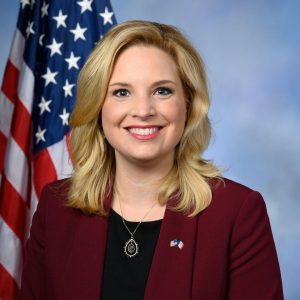IARN — A short-term extension for Mandatory Livestock Price Reporting approved by Congress as part of a temporary stop-gap bill to keep the government open allows more time for possible market reforms.
Lawmakers voted for the extension as the authorization for existing mandatory reporting of livestock prices was about to expire, and temporary funding was needed to avert an end-of-fiscal-year government shutdown.
The stop-gap bill signed by the president gives proponents of greater market transparency and more negotiated livestock sales extra time to push for reforms. Most vocal among them is Iowa’s Chuck Grassley.
“We hope to, before the end of the year, get it on the ag livestock marketing bill. The livestock marketing bill will be extended for a three month extension.”
Despite months of discussion and debate over the causes of price disparities during the pandemic, ag lawmakers and producers have failed to agree on market reforms. Kansas producer and NCBA member Mark Gardiner, in June, blamed the pandemic, the JBS ransomware attack, and the Holcomb, Kansas fire for a lack of processing capacity.
“This caused an unprecedented drop in cattle prices, while simultaneously leading to a record rise in beef prices.”
But the Vice President of the United States Cattlemen’s Association, Justin Tupper, disagreed, blaming packer concentration instead.
“If the only way we can make money is if there are fewer cattle than there is shackle space, that’s their theory is that shackle space is the only thing that can determine whether we can be profitable, and I respectfully, definitely, disagree. But we need more players in the marketplace, and competition is huge.”
USDA and top Ag lawmakers are trying to expand processing capacity as one way to level the playing field for independent livestock producers. And USDA’s Ag Marketing Service recently announced new daily and weekly reports on cattle sale pricing and volumes.












